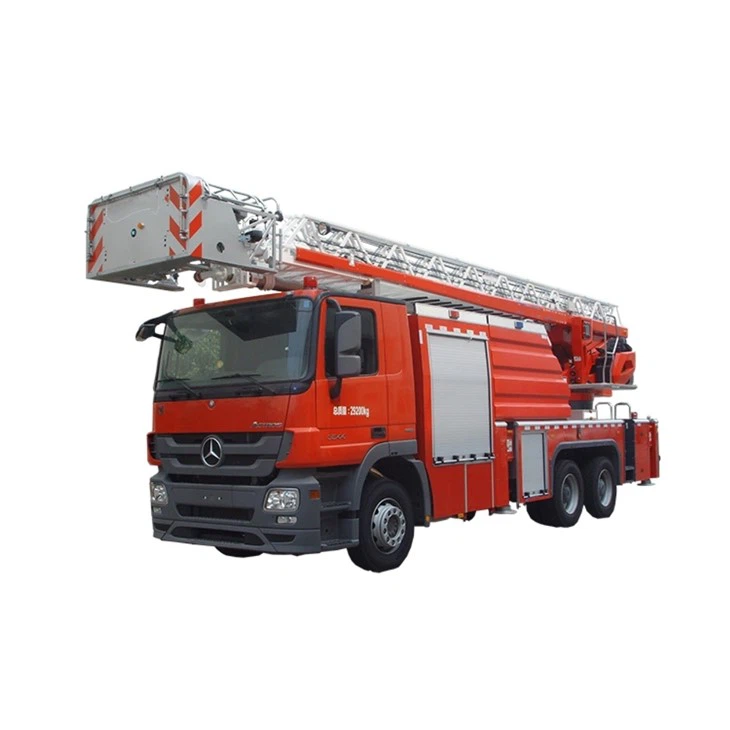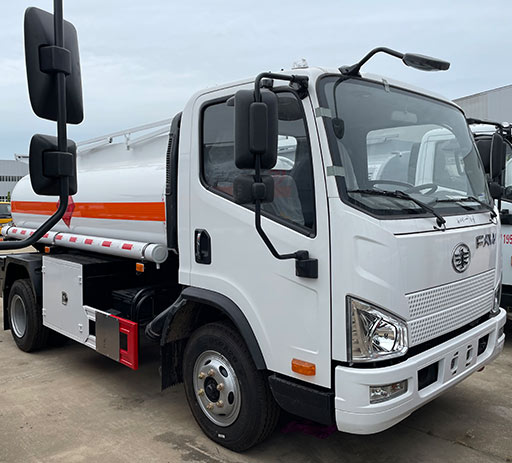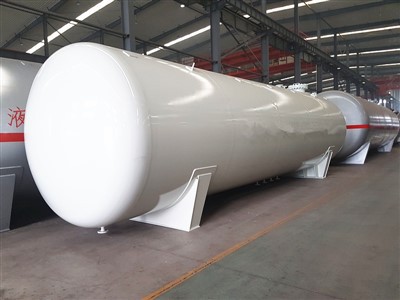Comprehensive Guide to Propane Bottle Storage Regulations

Introduction
Propane is a widely used fuel source for heating, cooking, and powering various appliances. Its versatility makes it essential in many households and industries. However, improper storage of propane can pose significant safety risks, including fire hazards and explosions. To mitigate these risks, specific regulations govern the storage of propane bottles. This article aims to provide an in-depth understanding of propane bottle storage regulations, ensuring that you properly store propane while adhering to safety standards.
Understanding Propane and Its Uses
What is Propane?

Propane is a hydrocarbon gas that is stored in liquid form in pressurized tanks. It is odorless in its natural state but is mixed with a foul-smelling compound for safety, allowing leaks to be easily detected.
Common Uses of Propane
- Heating: Used in home heating systems and hot water heaters.
- Cooking: Popular in outdoor grills and some indoor stoves.
- Fuel: Powers vehicles and machinery in various industries.
- Recreational: Fuels heaters and appliances in RVs and camping.
Legal Regulations for Propane Storage
National Standards and Guidelines
In the United States, propane storage is regulated by various organizations, with the National Fire Protection Association (NFPA) and the Department of Transportation (DOT) being key authorities. Compliance with NFPA 58, the Liquefied Petroleum Gas Code, is crucial for safe storage practices.
Key NFPA 58 Guidelines
- Separation Distance: Maintain a safe distance from buildings and property lines.
- Ventilation: Ensure adequate ventilation in storage areas.
- Container Integrity: Regular inspections for rust, dents, or leaks.
State and Local Regulations
In addition to federal guidelines, each state may have additional regulations regarding propane storage. Local governments may impose specific rules based on community needs. Always check with your local authorities to ensure compliance.
Propane Bottle Storage Locations
Residential Storage
Residential propane storage is typically done in outdoor tanks or cylinders. It’s important to follow specific regulations to minimize risks.
Storage Guidelines for Residential Areas
- Keep containers at least 10 feet away from any structure.
- Store in a well-ventilated area away from high-traffic zones.
- Ensure that the storage area is not accessible to children or pets.

Commercial Storage
Commercial propane storage often involves larger tanks and must comply with more rigorous regulations.
Commercial Storage Requirements
Commercial operators must ensure:
- Proper signage indicating the flammability of stored materials.
- Regular inspections and maintenance of storage tanks.
- Emergency response plans are in place.
Safety Measures for Propane Bottle Storage
General Safety Tips
- Always store propane in an upright position to prevent leaks.
- Keep propane in appropriate containers designed for LP gas.
- Never store propane indoors or in confined spaces.
Maintenance and Inspection
| Inspection Frequency | Action Required |
|---|---|
| Monthly | Check for leaks using soapy water. |
| Annually | Inspect tanks for rust and integrity. |
| Every 5 Years | Pressure testing and leakage checks are required by law. |
Propane Bottles and Their Sizes

Understanding Different Propane Bottle Sizes
Propane bottles come in various sizes, each suited for specific uses. Common sizes include:
- 20 lb Bottle: Commonly used for grills and outdoor heating.
- 30 lb Bottle: Suitable for catering and larger outdoor activities.
- 100 lb Bottle: Often used for heating and larger appliances.
- 500 + Gallon Tanks: Used in residential and commercial installations.
Recommended Uses for Each Size
Choose the appropriate propane bottle size based on usage needs to ensure safety and efficiency.
Storing Empty Propane Bottles
Safety Guidelines for Empty Cylinders
- Always store empty cylinders in an upright position.
- Label empty bottles clearly to prevent misuse.
- Store in a well-ventilated area to avoid gas accumulation.
Disposing of Propane Bottles
Never dispose of propane bottles in regular waste. Take them to a local recycling center or return them to the retailer from which they were purchased.
Common Mistakes in Propane Storage
Identifying and Avoiding Common Errors
- Storing propane indoors, which violates safety regulations.
- Failure to inspect bottles regularly, leading to potential hazards.
- Ignoring local regulations or state laws regarding propane storage.
Best Practices for Propane Bottle Storage
Practical Storage Solutions
Implementing best practices can significantly improve safety and compliance:
- Utilize a propane storage cage for secure outdoor storage.
- Mark storage areas with visible signage to warn of hazards.
- Train staff and family members on safety protocols.
Emergency Preparedness
Always have a plan in place for emergencies involving propane:
- Have access to emergency contacts and local fire departments.
- Keep a fire extinguisher rated for flammable gases nearby.
- Create an escape plan in case of a propane leak or fire.
FAQ Section
1. What should I do if I smell gas around my propane bottle?
If you smell gas, immediately evacuate the area, avoid using electrical devices potentially igniting the gas, and contact local emergency services.
2. Can I store propane bottles horizontally?
No, propane bottles must be stored upright to ensure safety and prevent leaks. Storing them horizontally can lead to valve leakage.
3. How often should I check my propane bottles for leaks?
It’s advisable to check for leaks monthly using soapy water. Additionally, conduct thorough inspections at least once a year.
4. Are there size restrictions for propane storage in residential areas?
Yes, the amount of propane you can store at home may be restricted by local laws—usually regarding the size of the tank and the distance from structures. Always check local regulations.
5. How should I transport propane bottles safely?
Transport propane bottles upright in a secure vehicle while well-ventilated. Ensure the area doesn’t exceed the weight limit for the vehicle.
6. Can I refill my propane bottle at my home?
Refilling propane cylinders typically must be done at authorized refilling stations to ensure safety and compliance with regulations. Attempting to refill on your own is dangerous and usually illegal.
